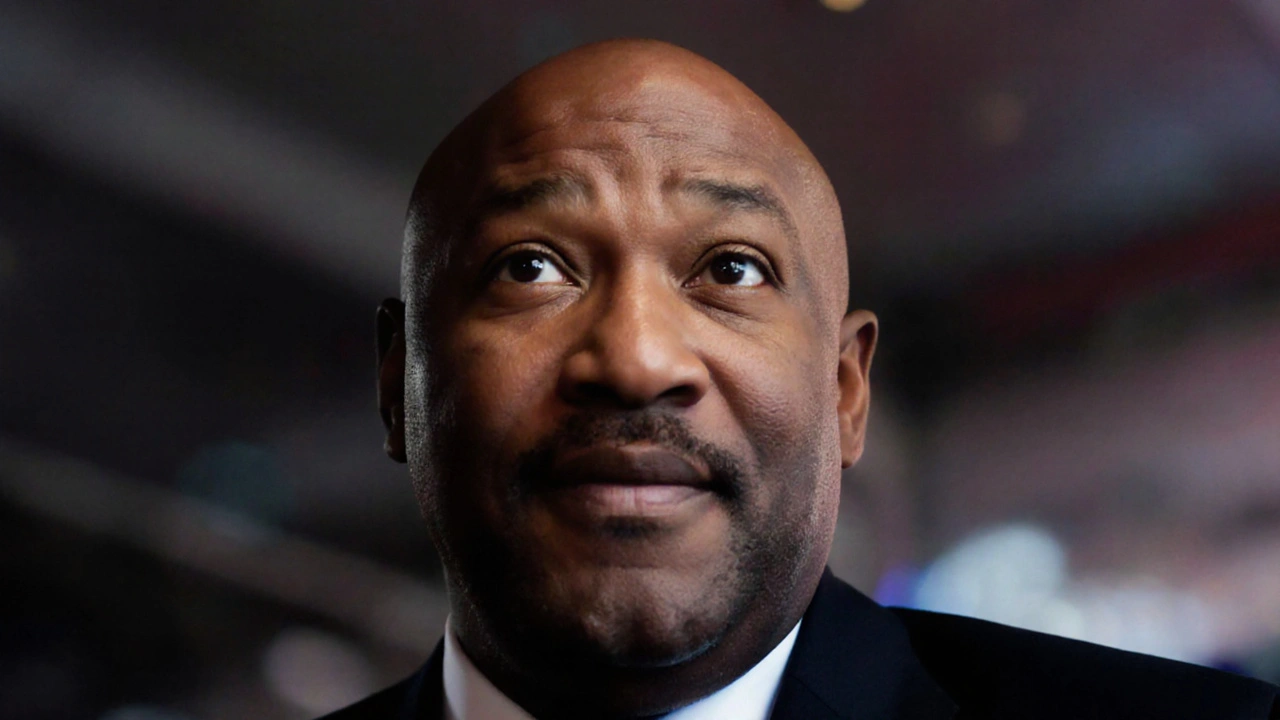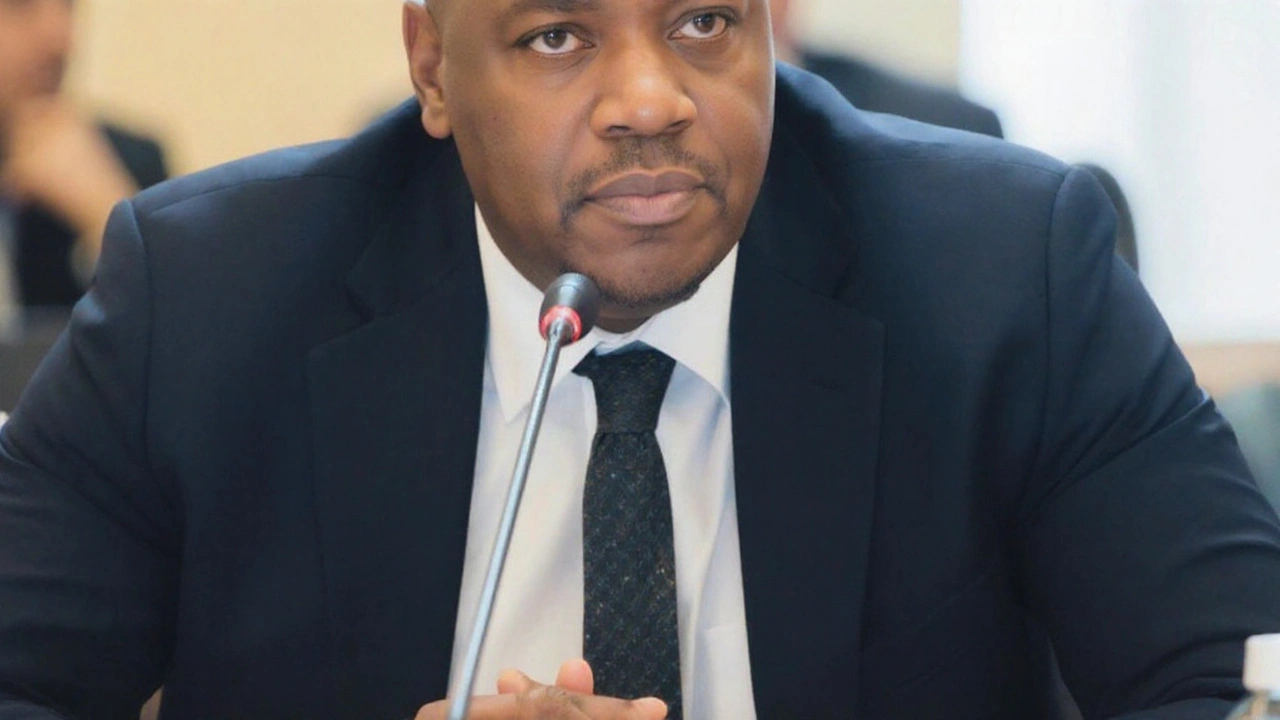Why the lecture mattered
On a sunny Thursday at the Mahikeng campus, the Indigenous Language Media in Africa (ILMA) research niche staged a public lecture aimed at sparking a serious conversation about the future of South Africa’s linguistic tapestry. With the UNESCO International Decade of Indigenous Languages running until 2032, the timing felt intentional – a chance to ask whether policy, media, and academia are syncing up.
ILMA’s director, Prof. Abiodun Salawu, framed the session as a “living laboratory” where scholars, budding writers, and industry veterans could test ideas about how books, film, and digital platforms keep ancestral tongues alive. He argued that without a clear line of dialogue with the Department of Sports, Arts and Culture, many initiatives drift into obscurity.

What officials promised, even without a minister
The original agenda listed Minister Gayton McKenzie as the keynote speaker, a move that would have signalled high‑level commitment. Budget negotiations forced his cancellation, but a senior official from the department’s books and publishing directorate stepped in. In a short address, the representative outlined three flagship projects:
- Community‑Driven Publishing Hubs – regional centers that provide writers with editing, design, and distribution support in Xhosa, Zulu, Sesotho and other local languages.
- Digital Storytelling Grants – funding for podcasts, animated series, and interactive e‑books that target young audiences on mobile devices.
- Curriculum Integration Workshops – collaborations with universities to embed indigenous literature in arts and humanities courses.
These initiatives aim to move beyond tokenism, turning language preservation into an economic engine for creative industries. The official stressed that the department is also mapping out a five‑year plan to measure impact through literacy rates, publication numbers, and media reach.
Beyond the official briefing, the lecture turned into a busy Q&A session. Graduate students asked how to secure funding for multilingual graphic novels; a filmmaker queried the role of broadcasters in airing content in less‑spoken tongues. The consensus was clear: without robust market pathways, even the most passionate creators struggle to sustain their work.
One of the highlights was a short panel featuring authors who have successfully published bilingual children’s books. They shared practical steps – from partnering with local schools to using community radio for promotion – that could be replicated across provinces.
Overall, the hybrid format (both in‑person and streamed) allowed participants from remote cantons to join the dialogue, reinforcing ILDA’s claim that media can bridge geographic divides. The event underscored a simple truth: preserving indigenous languages isn’t just a cultural pastime; it’s a strategic priority that touches education, economics, and national identity.
As the session wrapped up, Prof. Salawu reminded everyone that the real work begins after the microphones are turned off. He called for a permanent advisory board that includes scholars, artists, and government officials to keep the momentum alive throughout the decade and beyond.


Ashley Bradley
The relationship between language and identity is a two‑way street, each shaping the other over time. When policy ignores the lived reality of speakers, the gap widens and cultural memory slips. The lecture’s call for a permanent advisory board tries to bridge that gap by institutionalising dialogue. A living laboratory, as Prof. Salawu called it, suggests that experimentation must be continuous, not a one‑off event. Ultimately, true preservation demands a shared responsibility beyond any single minister.